Humans have allergies, cats have allergies, dogs have allergies, but do guinea pigs have allergies? The answer is yes. There are a few things to look out for when trying to understand your guinea pig’s symptoms and finding what their bodies are reacting to.
It’s important for you as a piggy parent to stay observant and vigilant when taking care of your guinea pigs because you don’t want to keep exposing them to things that can jeopardize their health or make them uncomfortable!
What can guinea pigs be allergic to?
There are a few things that are common allergens for guinea pigs!
Cleaning Products
When it comes to your home and the things that you use in it, they can be allergic to cleaning products that you may utilize around them. It doesn’t necessarily need to be products that you use to clean their cage, but the areas of your home in the vicinity. For example, if you keep their cage somewhere near your kitchen and you use a cleaning product to wipe down your counters, there could be a chance that your guinea pig could be allergic if they’re showing any symptoms of allergies.
Strong Scents and Perfumes
Another example of something that guinea pigs are allergic to could be strongly scented products or perfumes. It doesn’t necessarily mean the scents that are in cleaning products, but it could be the air fresheners that you may use in your home, whether it’s scented plug-ins or the kind that you spray directly into the air.
These kinds of products can be pretty harmful to your pet, and they could be allergic to this.
If you’re someone that wears pretty strong perfumes or colognes, or if your hand and body lotion that you use is heavily scented, make sure you’re keeping an eye on your guinea pigs to make sure that you’re not causing any allergic reactions from them.
If you’re trying to use scented products in your home to get rid of things like odor, we recommend using air purifiers instead. These devices are able to not only reduce or eliminate odor, but they can make sure that the air that you and your piggies breathe is cleaner and better for you.
Hay Dust
This is something that is a pretty common allergen in most guinea pigs. It’s not just an allergen, but it can irritate your piggies’ respiratory system and make them more susceptible to infection. We have a post on respiratory infections, which lists the dangers to your guinea pig if they’re infected, as well as treatment options and how to prevent it.
Hay dust can come from your guinea pigs kicking around and running through the hay that is in their cage. Hay dust is pretty readily found in cages where hay is left in piles or where traditional hay racks are being used. It can be beneficial to find a different way to feed your guinea pigs hay in order to keep them safe and prevent them from suffering from allergy-induced reactions and infections.
The GuineaDad Hay Bar and the GuineaDad Hay Box are both products that are meant to replace loose hay piles and traditional hay racks. Not only are they safer, they’re more convenient for you and your piggy, with less mess as a result. You never have to worry about refilling, and if you are allergic to hay, you’ll never have to touch it directly and suffer from allergies yourself.
In general, GuineaDad Hay goes through microfiltration to remove any kind of debris such as tree branches or bird feathers, and is tightly packed into the Hay Box or Hay Bar in order to prevent the formation of dust. You should also make sure to spot clean and vacuum up dust as soon as you notice it or as soon as you’re able to ensure that your guinea pig has a clean living environment at all times.
Sawdust
This kind of dust comes from the usage of wood shaving as bedding. Studies have shown that shavings from cedarwood are actually very harmful to guinea pigs. They contain toxins that can destroy the cells that line the lungs and trachea of guinea pigs.
Repeated and prolonged exposure to cedarwood shavings and the dust that comes with it puts your guinea pig at risk of respiratory infections, which in many cases can become fatal. It’s not necessarily that your guinea pigs need to ingest the bedding, but even inhaling the fumes that comes from cedar shavings can be dangerous enough to cause damage.
This is a good enough reason to reconsider the kind of bedding that you use. We have a post on different types of bedding comparing and contrasting them here. The best and safest option for guinea pig bedding would be to utilize bedding made of cloth so that you are able to clean and launder them and keep them sanitary. Fleece bedding has proven to be the safest amongst all types of bedding, and specifically GuineaDad Liners and GuineaDad Premium Liners are the best option.
GuineaDad Liners eliminate the risk of dust exposure, because they can be easily spot cleaned and vacuumed without the fabric getting sucked up into the vacuum.
The GuineaDad Liners are extremely absorbent and dry quickly, eliminating risk of infection from lingering or growing bacteria. Cleaning them in your washing machine is easy and convenient, and only has to be done around once a week. You can have several on hand to rotate them out and ensure that your guinea pig has clean bedding at all times.
Making sure that your guinea pigs have a safe, sanitary cage is one the best and easiest ways to extend their lifespan.

Try to keep your guinea pig’s living environment allergen-free!
Making sure that your guinea pig has a living environment free of materials that can jeopardize their health and safety is the best way that you can make sure they stay happy and healthy! It’s important to always keep an eye on your guinea pigs and how they react to all things in their environment, because it can be the key to making sure that you’re able to catch the signs of any health issues as soon as possible, so you can get treatment or make changes to help them as soon as possible.









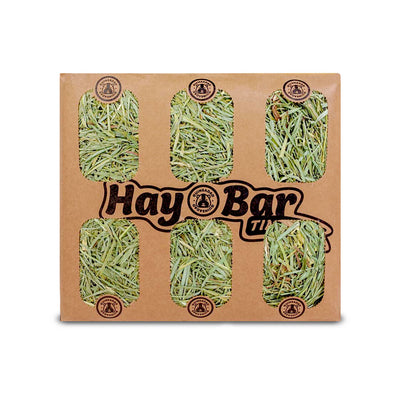
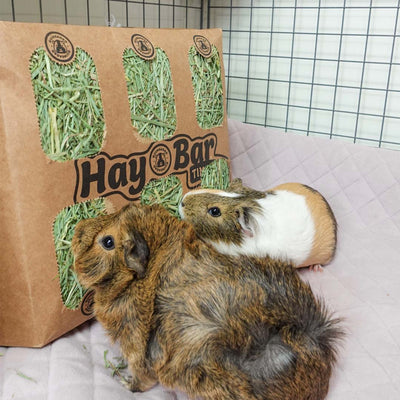
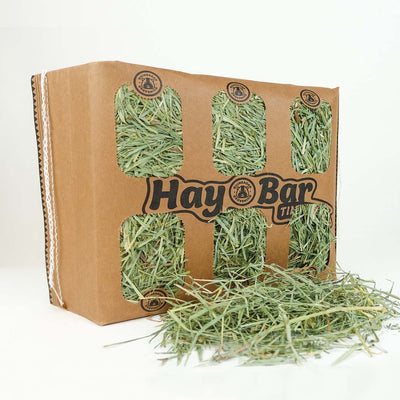
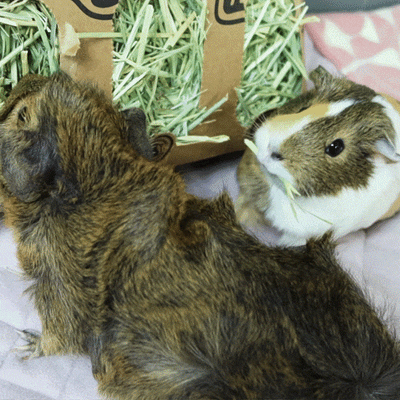

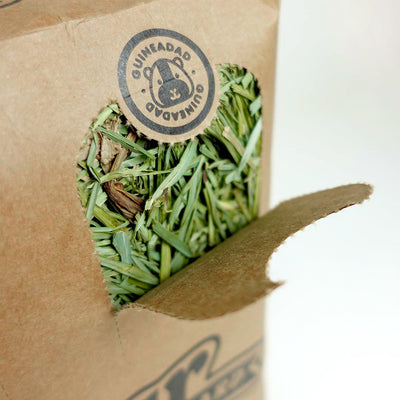
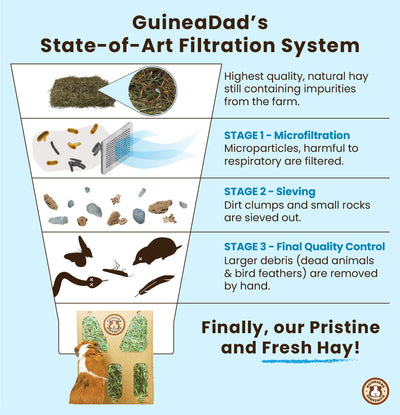
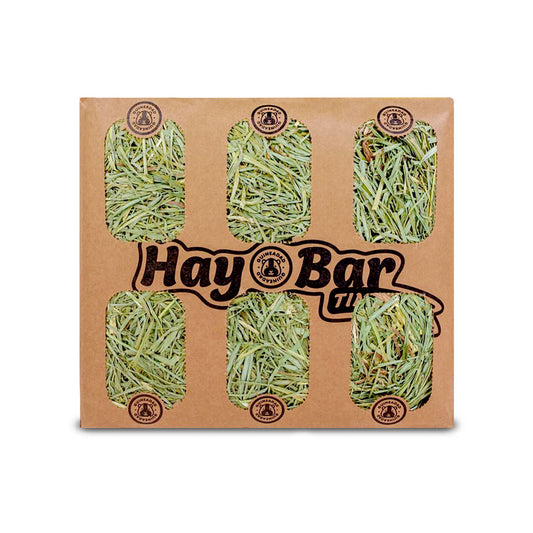
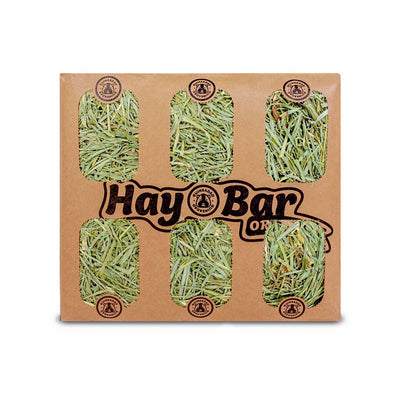
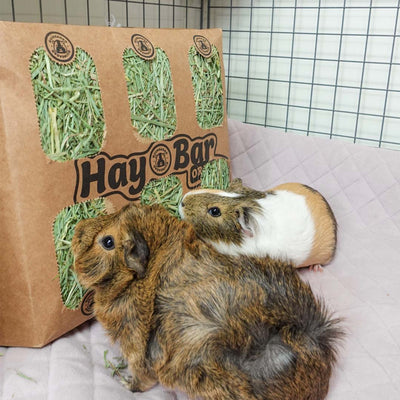
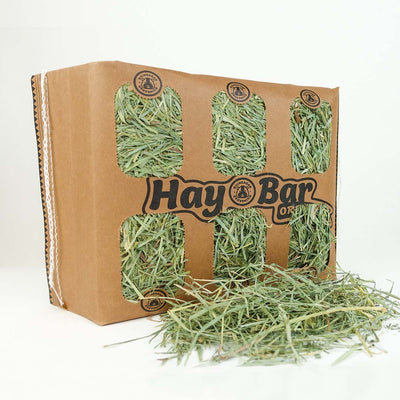
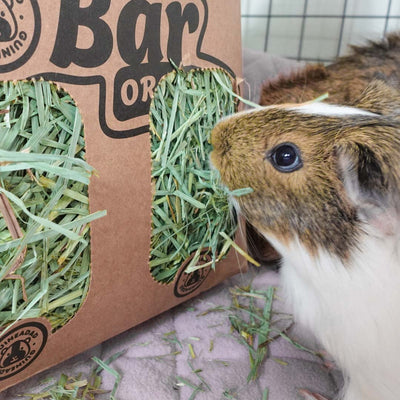
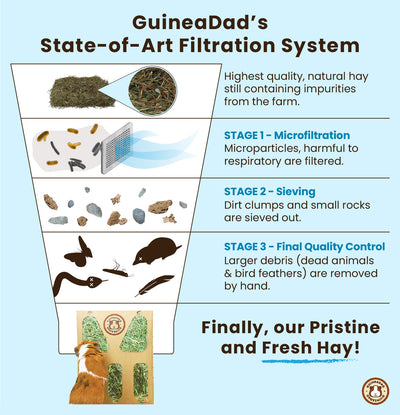

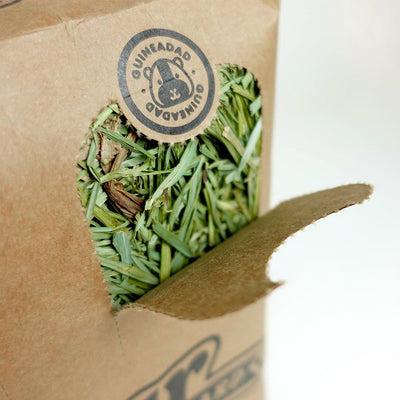
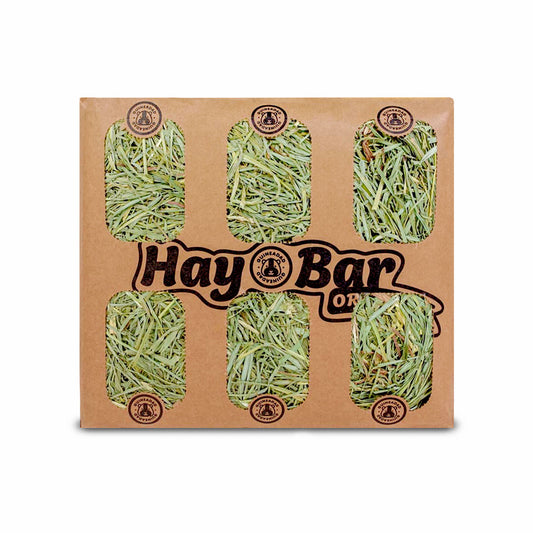
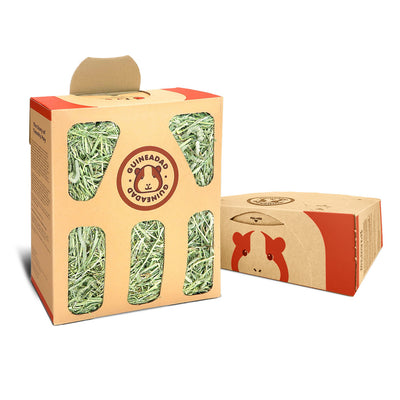
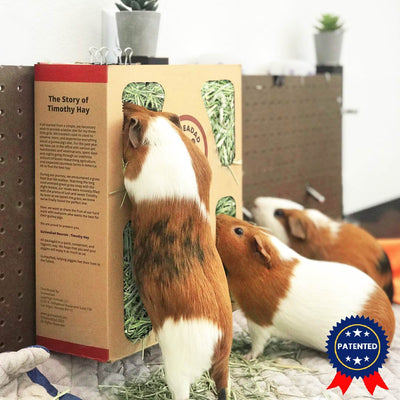
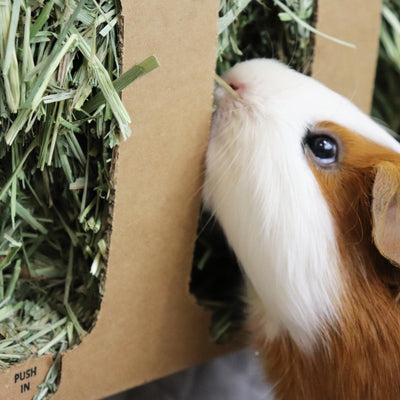
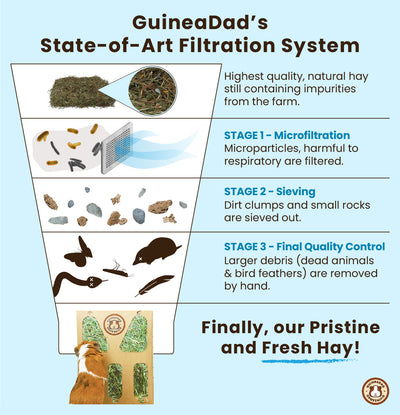
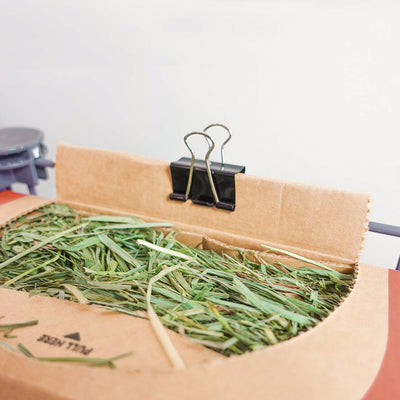
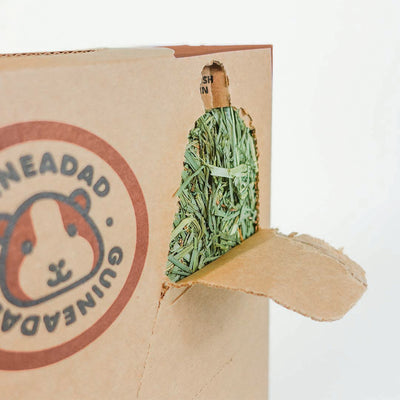
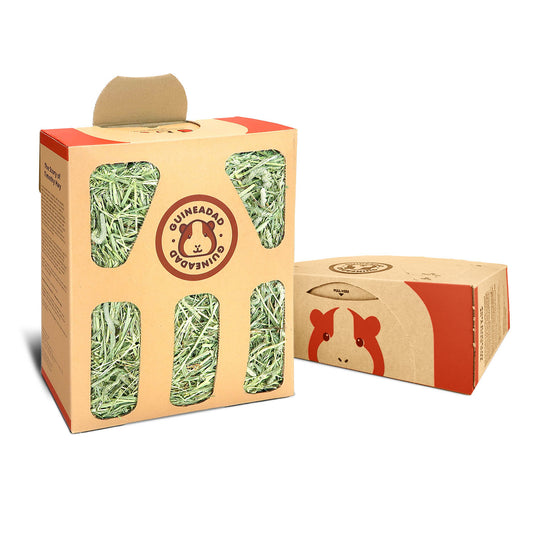
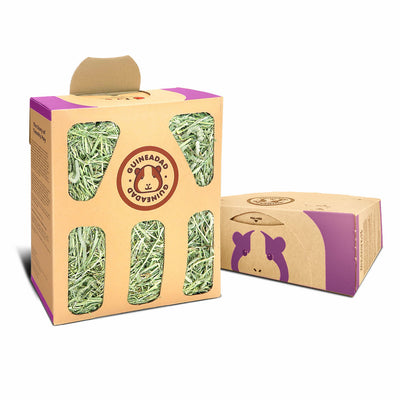
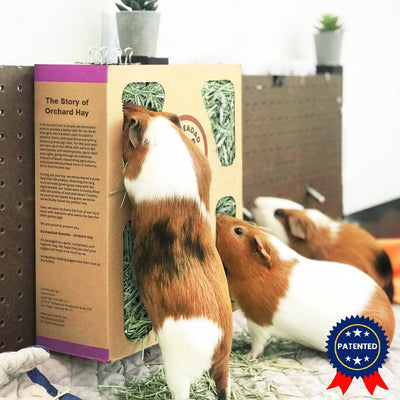
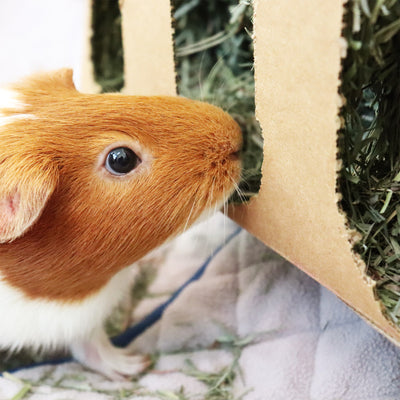
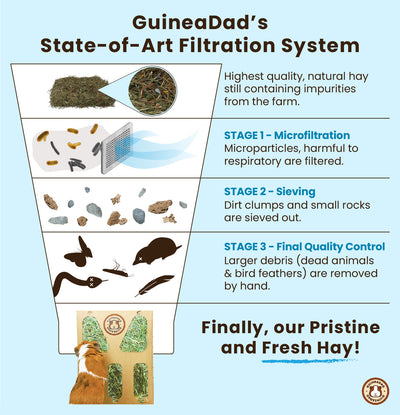
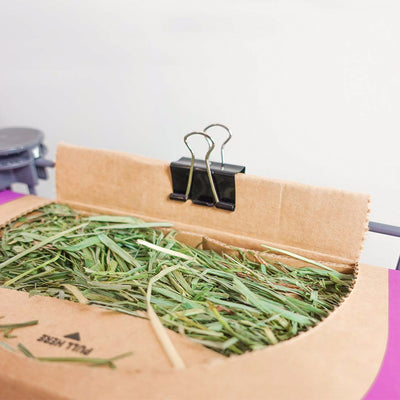
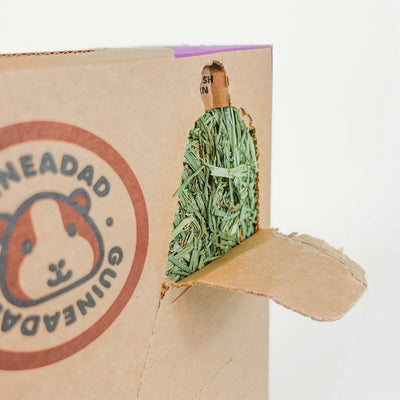
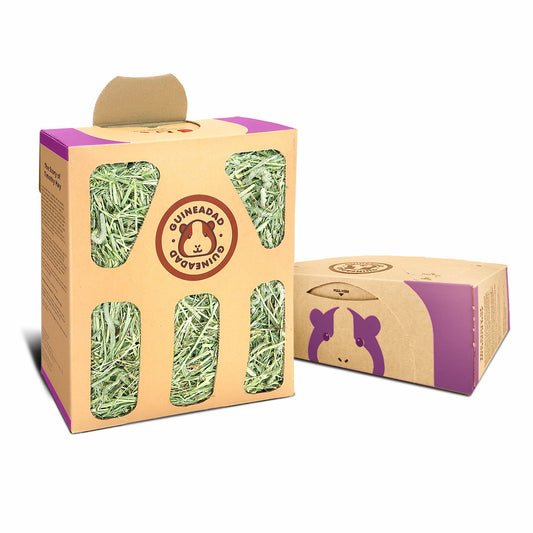
4 comments
We got a guinea pig from a pet store and its skin looked kind of dry. I asked about it and they said yeah sometimes dry skin happens with hairless guinea pigs. She was really cute so we brought her home and I used raw organic pressed coconut oil, just to kind of lotion her and clean her. Progressively over several weeks and months. Her skin got worse to where her eyes got swollen. I took her to the vet and they treated her for ringworm, mites, eye ulcers and a lot of different things under the sun. Nothing seems to work for her and we don’t know what it is. It’s been almost 2 years now and we cannot figure out what’s going on with her skin. They want to do a skin sample and I feel like that should’ve been done a while ago but now I’m all out of money $1400 into this. I’m at my wits end and I don’t know what to do. Has anyone ever heard of allergies to grass? We were thinking maybe she’s allergic to the types of hay that we use? We use Oxbow Timothy hay or orchard hay. Any suggestions would greatly help as we are trying to save up the money to have her skin tested.
I’m thinking about getting a guniea pig to help with my mental health almost like I have a friend that way and I want to know is there any tips about how many times u should clean them out and music and stuff if you could get back to me that would be awesome thank you
I’m thinking about getting a guniea pig to help with my mental health almost like I have a friend that way and I want to know is there any tips about how many times u should clean them out and music and stuff if you could get back to me that would be awesome thank you
I’m 16 with not drivers license yet and I have 2 guinea pigs and one of them has like a swollen eyelids I’m not sure if it’s a allergic reaction cause I severe her some pellets and when I took her out a few hours ago I saw her eyelids some what swollen and purple and I’m concerned my dad won’t drive me to the vet and he thinks she fine he is the one who got me the guinea pigs. I just wanna know if she is ok